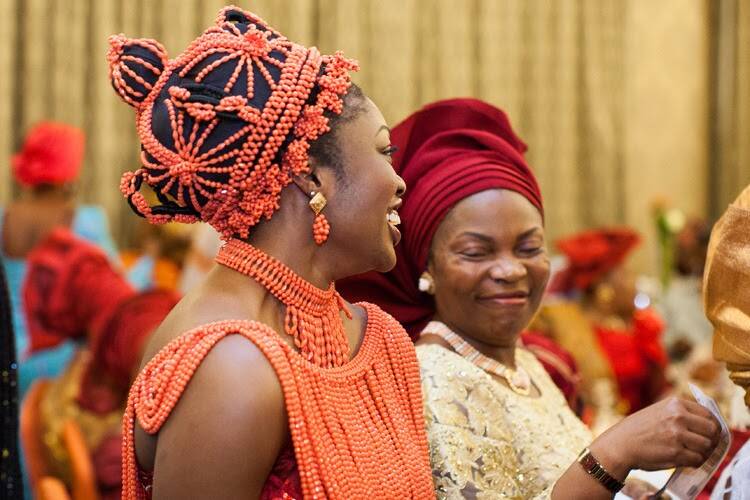Disclosure: I am a Yoruba man from North Central Nigeria. However, my identity has no influence on the objectivity of this piece.
The Edo people and the Yoruba people share deep historical and cultural ties that go back centuries. These connections are especially evident in their traditional institutions, monarchies, spiritual practices, language elements, and even some aspects of governance. For instance, the Benin Kingdom and the Oyo Empire had interactions through trade, diplomacy, and migration. Some oral traditions and historical accounts suggest that the founders of the Benin monarchy had links to Yoruba royalty, particularly through Oranmiyan, a prince of Ile-Ife who is said to have played a foundational role in Benin’s royal lineage.
However, despite these historical connections, Edo people do not consider themselves Yorubas. I recall when my friend from Edo State nearly had an altercation with me about this. This shows that ethnic identity in Nigeria, like in many parts of Africa, is shaped by more than just shared history–it is grounded in language, worldview, lineage, and a deep sense of place. While they may acknowledge historical interactions and influences, many Edo people feel that being referred to as Yorubas erases their distinct identity, culture, and pride in the Benin Kingdom’s independent heritage.
ALSO READ
Some Edo people feel a connection with Yoruba heritage, while many others do not. That’s a personal and cultural choice. Interestingly, it’s quite rare to see Yoruba people identifying themselves as Edos, which shows that this identity issue isn’t mutual.
Maybe it’s time we go back to the roots–look into the history, the migrations, the shared stories–and have honest conversations about what connects us and what sets us apart. More importantly, we should respect the Edo people who choose not to identify with Yoruba culture. Their reasons are valid, and in a country as diverse as Nigeria, respecting boundaries is just as important as celebrating similarities.
On a final note, although the Yorubas and Edos share some cultural and historical similarities, they are two distinct ethnic groups, each with its own identity, history, and sense of belonging. Respecting that difference is key to promoting mutual understanding and unity in diversity. Ire o.
Dr Gbenga Afolayan is an artist and teacher who blends creativity with humour, sharing football and Chelsea banter, music, prayers, and honest takes on gender, politics, and everyday life.
